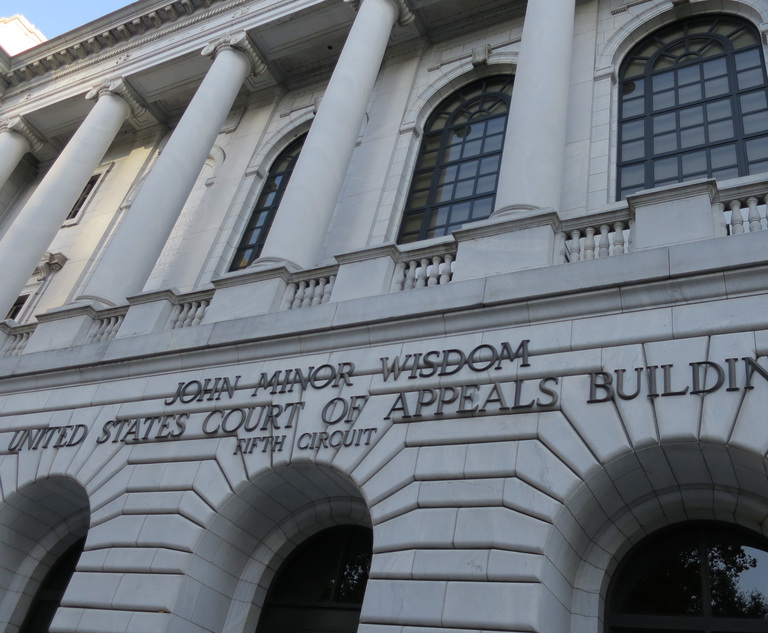As the economy strengthens, development and infrastructure projects continue on an upward trend in the region. Whether the project involves remediating a brownfield site or performing utility work in a public right-of-way, the management of fill material such as soil, rock or stone is often a primary consideration impacting the project’s budget. In the commonwealth of Pennsylvania, the Pennsylvania Department of Environmental Protection (the DEP or department) generally regulates the management of fill material, however projects involving PCB-containing fill are under the oversight of the U.S. Environmental Protection Agency (EPA). On Nov. 2, the DEP issued a revised management of fill policy (the policy), which makes sweeping changes to the existing policy in effect since Aug. 7, 2010. The policy supplements existing requirements outlined in Pennsylvania’s Solid Waste Management Act municipal and residual waste regulations and provides guidance on the management of clean fill and regulated fill in the commonwealth. See 25 Pa. Code Section 271.1 and § 287.1. Many industries, ranging from developers to soil recycling facilities to soil brokers, must get up to speed by Jan. 1, 2020 when the policy takes effect.
What Is the Policy?
At its core, the policy provides comprehensive guidance on fill movement activities within the commonwealth. It is inapplicable to materials reused in the newly defined project area or right-of-way or for mine land reclamation activities. Under the policy, clean fill generally can be used in an unrestricted manner and is permitted to be managed without oversight of the department (although Form FP-001 is required to track the movement of clean fill). By contrast, the use of regulated fill is restricted to placement at nonresidential properties only.


 Candee Wilde, Greenberg Traurig
Candee Wilde, Greenberg Traurig




